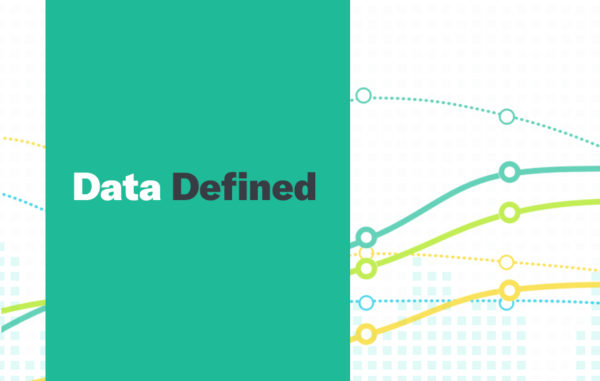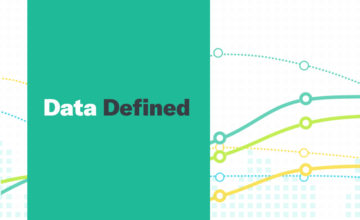California Consumer Privacy Act Defined
The California Consumer Privacy Act (CCPA), is a comprehensive privacy law, that allows any Californian consumers to demand to view all information a company may have saved on them, including, all third parties that this data has been shared with.
The CCPA follows in the footsteps of the General Data Protection Regulation (GDPR) from the European Union.
The CCPA is the toughest data privacy law in the United States and gives consumers the right to:
- Right to Information: The CCPA gives consumers the right to demand companies to provide consumers with their personal information which has been collected, sold or disclosed for a business purpose.
- Right to Deletion: Consumers have the right to request companies to delete personal data of consumers, including the personal data which may have been shared with all 3rd parties.
- Right to Opt Out: The CCPA provides consumers the right to opt-out of the sale of their personal data.
The personal information or data covered in the CCPA includes:
- Identifiers:
- Real names, postal addresses, unique personal identifiers, email addresses, account names, driver’s license numbers and passport numbers.
- Commercial information:
- Records of personal property, products or services purchased, or considered.
- Biometric information
- Internet or other electronic network activity information:
- Browsing history, search history and information regarding a consumer’s interaction with a website, application or advertisement
- Geolocation data
- Professional or employment-related information
- Education information
In Data Defined, we help make the complex world of data more accessible by explaining some of the most complex aspects of the field.
Click Here for more Data Defined


